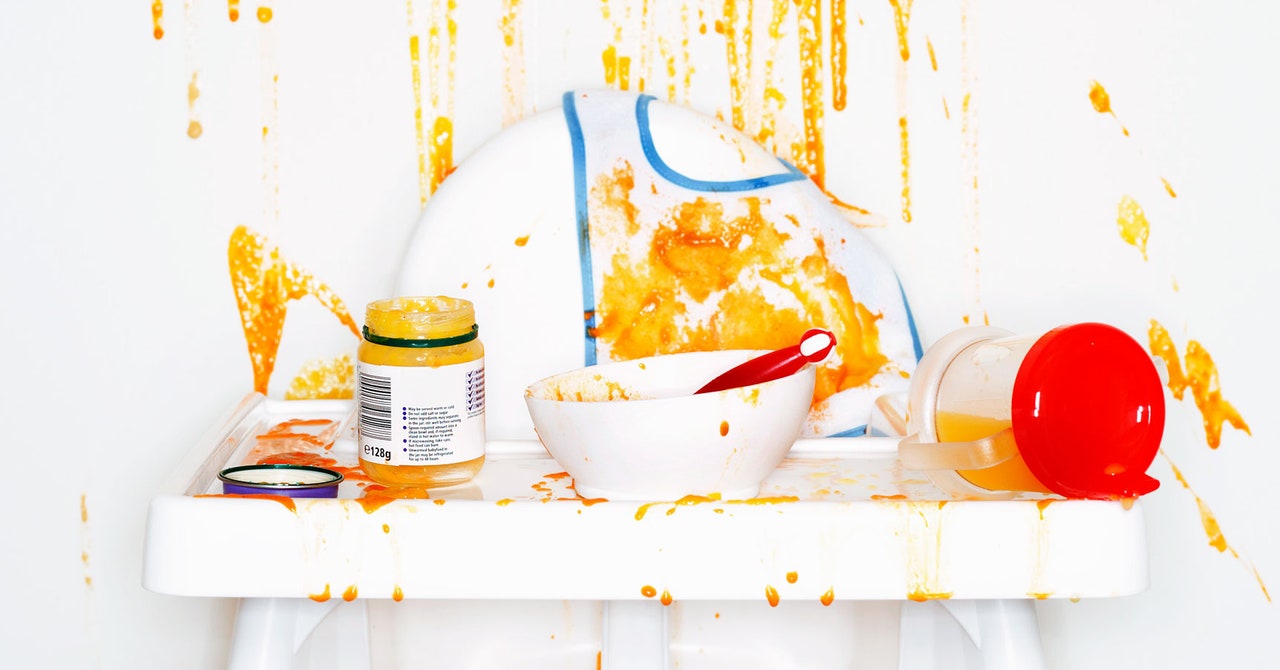In a study published in June in Environmental Science & Technology, Hussain and his colleagues reported that, when microwaved, these containers released millions of bits of plastic, called microplastics, and even tinier nanoplastics.
[…]
Once they’ve snuck past the body’s defense systems, “the chemicals used in plastics hack hormones,” says Leonardo Trasand, a professor at the NYU Grossman School of Medicine and the director of the Center for the Investigation of Environmental Hazards. Hormones are signaling molecules underlying basically everything the body does, so these chemicals, called endocrine disruptors, have the potential to mess with everything from metabolismto sexual development and fertility.
[…]
Judith Enck, a former EPA regional administrator and the president of Beyond Plastics, a policy and advocacy group against plastic pollution, stopped microwaving plastic 30 years ago. She thinks that you should, too: “My goodness, especially if you have kids or if you’re pregnant, do not put plastic in the microwave.”
“It’s a pain in the neck,” she acknowledges, but “even this one study should be a wake-up call—not just to new parents but to the FDA. They need to be far more proactive.” Transand agrees: “The FDA is glacially behind.”
[…]
“I don’t believe that there are microwave-safe plastics.” Trasand and Enck agree that while independent studies should continue testing how much plastic is being released from food packaging, there is already enough evidence to show that “microwave-safe plastic” isn’t really safe. “I think the FDA needs to tell companies that they can no longer say any plastic is microwavable,” says Enck.



More wired clickbait bs. It boils down to “don’t microwave plastics that aren’t microwave safe” What a fucking revelation
That’s literally NOT what it’s saying? They literally are saying, verbatim, that they don’t think ANY plastic we know of is microwave safe. Are you dumb or intentionally trying to mislead people?
Yes.
I hate Wired as much as the next Zippie, but they’re just passing on the info here. And what plastics are microwave safe?
That’s right, Bubba. Doughnut. Goose-egg. Nada
The main plastic the article calls into question is polypropylene. I’ve got bad news for you. Its used frequently in microwavable food products and sold as “microwave safe”. Polypropylene is recycle symbol #5.
Here’s a perfect example. That cup of rice is #5 plastic, polypropylene. You can see the package says right on it “Microwave for one minute”. This isn’t the only product I’ve seen with a polypropylene container. [Here’s another one for BBQ pulled pork][https://i5.walmartimages.com/asr/e3feab61-a642-4e10-b989-886ca0f15460_2.297431bc8c2879925c1f462a195db2ad.jpeg] you can even see on the package itself in the bottom right hand corner at the recycling symbol it says its polypropylene. And if you look at the preparation instructions it gives microwave directions.
I can’t speak to the science in the article, but it certainly is talking about a plastic that consumers are regularly told is safe to microwave.
@thorbot definitely didn’t read the article
Here’s the academic study published this year.
If you don’t have academic credentials to log in (and I suspect you don’t), LPT you can email or tweet the study’s authors and they’ll happily send you access for free.
Just to add more emphasis, they’ll happily send it because they often just as (if not significantly more) pissed at the systems in place to keep academic papers out of public circulation so corporations can pocket the money.